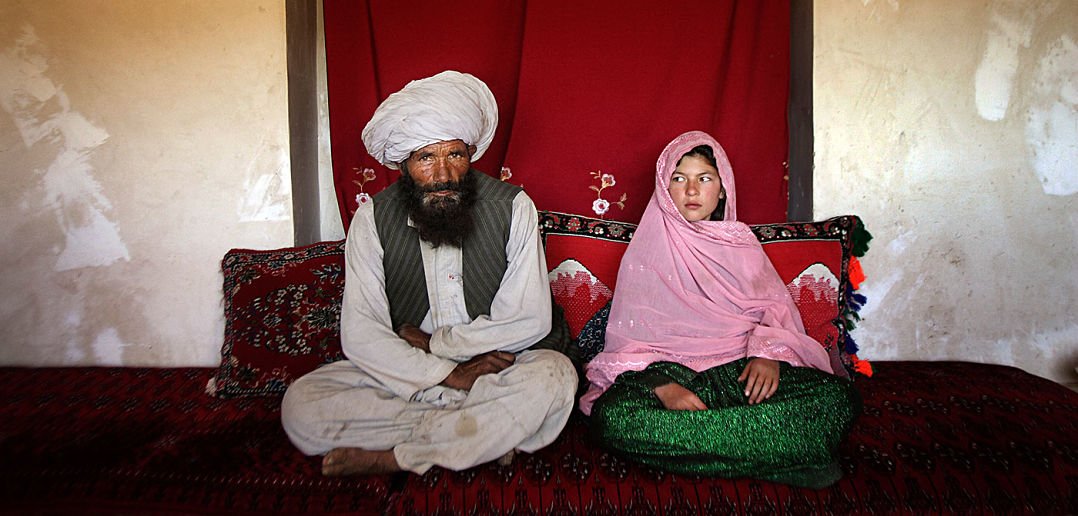
77 years after its founding, Pakistan remains a patriarchal, feudal and misogynistic society where women are second class citizens. Pakistan ranks 143rd out of 146 countries in the 2023 Global Gender Gap Index. According to the 2020-21 Pakistan Labour Force Survey women account for only 23.5 percent of the total labour force despite constituting a significant 49.4 percent of the working-age population.
Pakistan’s leading human rights watchdog, the Human Rights Commission of Pakistan (HRCP) issued a statement expressing grave concerns that Pakistan continues to lag behind global economies in addressing chronic gender disparities. Further, women of minority communities, particularly Christians and Hindus, are denied their rightful inheritance due to a lack of implementation of laws guaranteeing their rights.
HRCP called for more “inclusive measures to ensure women’s right to vote and contest elections must also be enacted for true political representation. The state must further take actionable steps to provide more economic opportunities for women, protecting their right to work in a dignified environment free from harassment and with equal pay. Working women are the backbone of global economic development; their inclusion in Pakistan’s workforce must be encouraged regardless of whether they are married or unmarried.”
Further, HRCP demanded that the state “pay heed to the rights of incarcerated women, many of whom suffer in jails with poor hygienic conditions, little access to healthcare and limited economic recourse for legal representation. The state must do more to uphold their rights, including their right to due process under the law in cases of under-trial female prisoners who have yet to be produced before courts. The demands of Baloch women calling for the return of their disappeared loved ones must be met as well. Pakistan’s international obligations and commitment to meeting the Sustainable Development Goals mandates gender equality be upheld in every sphere.”
![]()





